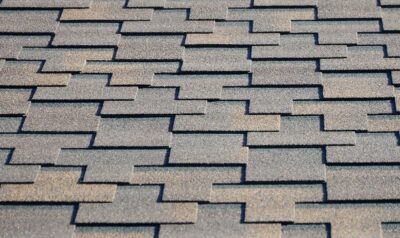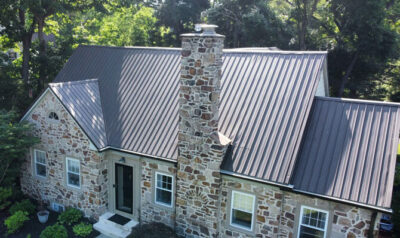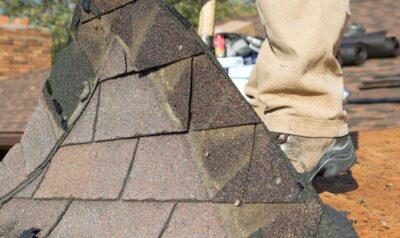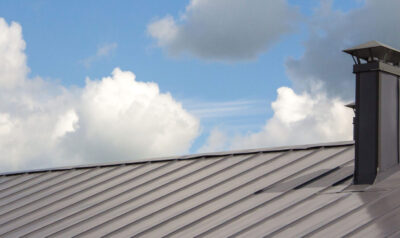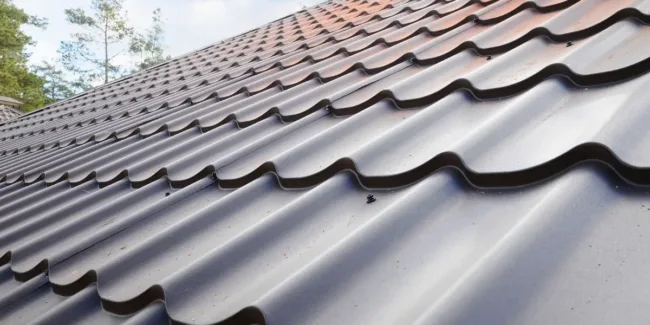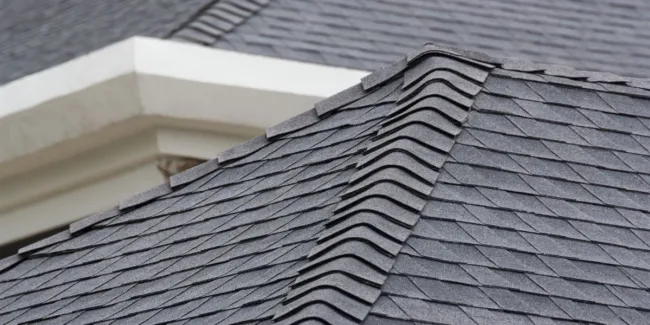How Long Does A Roof Last In Pittsburgh?
The average lifespan of a roof in Pittsburgh ranges from 15-30 years, with some premium roofing options lasting up to 100 years.
The lifespan of a roof varies significantly based on several factors, including the type of roofing material used, the quality of installation, and ongoing maintenance practices. Understanding these factors can help homeowners make informed decisions about their roofs, ensuring longevity and performance.
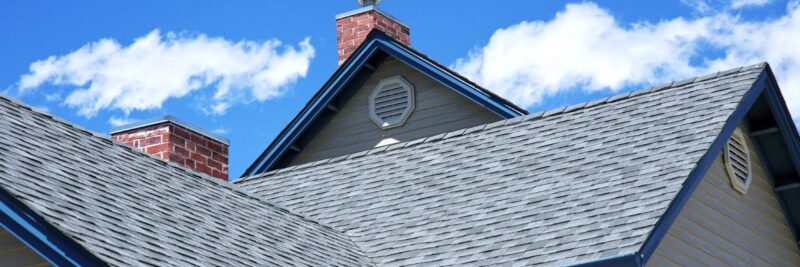
The Lifespan of Common Roofing Materials in Pittsburgh
Asphalt Shingles
Asphalt shingles are the most commonly used roofing material in Pittsburgh due to their affordability and reliability. Their lifespan depends on the type of shingle used:
- 3-Tab Shingles: Typically last between 15 to 30 years. These are the most basic and budget-friendly option but are less durable than other types.
- Architectural Shingles: These thicker and more durable shingles last between 20 to 30 years. They provide better resistance to weather conditions and enhance the aesthetic appeal of a home.
- Premium Shingles: Designed for superior performance, premium shingles can last 25 to 40 years or more, offering enhanced durability and style.
Metal Roofing
Metal roofing is known for its durability and long lifespan, making it a popular choice for homeowners seeking a long-term investment. Depending on the quality of materials and maintenance, metal roofs can last between 40 to 70 years. Their resistance to extreme weather conditions and fire makes them an excellent choice for Pittsburgh’s climate.
Slate Roofing
Slate roofs are among the most durable roofing materials available, with a lifespan ranging from 50 to over 100 years. Proper installation and maintenance are crucial for maximizing the lifespan of a slate roof. While the initial cost is high, slate roofing provides unmatched longevity and classic aesthetics.
Wood Shakes/Shingles
Wood shakes and shingles offer a rustic and natural appearance, lasting between 40 to 50 years. The longevity of a wood roof depends on maintenance practices and exposure to harsh weather. Regular treatments and inspections help prevent issues such as mold, rot, and insect infestations.
Tile Roofing
Although less common in Pittsburgh, tile roofs can last between 50 to 100 years. Made from clay or concrete, tile roofing provides excellent durability and weather resistance. However, due to its weight, additional structural support may be required to accommodate the roof’s load.
Factors Impacting Roof Lifespan in Pittsburgh
Several factors influence how long a roof will last in Pittsburgh, including climate, installation quality, maintenance, and ventilation. Being aware of these factors can help homeowners take the necessary steps to extend their roof’s lifespan.
Weather Conditions
Pittsburgh’s climate presents unique challenges for roofing materials. The region experiences harsh winters, heavy snowfall, and humid summers, all of which can impact the durability of a roof:
- Snow and Ice Accumulation: Heavy snowfall and ice buildup can strain roofing materials, leading to structural stress and potential damage.
- Freeze-Thaw Cycles: Rapid temperature changes can cause roofing materials to expand and contract, weakening them over time.
- Heavy Rain and Humidity: Pittsburgh’s humidity can lead to moisture-related issues, such as mold and algae growth, which can degrade roofing materials.
Installation Quality
The longevity of a roof is directly related to the quality of its installation. A well-installed roof will last significantly longer than one installed with shortcuts or subpar materials. Hiring an experienced and reputable roofing contractor – like Home Genius – ensures proper installation, which reduces the likelihood of leaks, poor ventilation, and other issues that can shorten a roof’s lifespan.
Maintenance Practices
Regular maintenance plays a crucial role in extending the life of a roof. Homeowners should schedule routine inspections and address minor issues before they become major problems. Some key maintenance practices include:
- Annual Inspections: A professional inspection once a year can help identify early signs of damage.
- Cleaning Gutters: Clogged gutters can lead to water buildup, which may cause roof leaks and deterioration.
- Removing Debris: Leaves, branches, and other debris can trap moisture and lead to mold growth.
- Replacing Damaged Shingles: Cracked or missing shingles should be replaced promptly to prevent water infiltration.
Roof Ventilation
Proper ventilation is essential for maintaining a stable roof structure. A well-ventilated roof helps regulate temperature and moisture levels, reducing the risk of mold, ice dams, and premature aging. Poor ventilation can trap heat and moisture, leading to issues such as warped shingles, rotting wood, and reduced insulation efficiency.
Extending the Life of Your Roof
While roofing materials come with expected lifespans, proactive steps can be taken to maximize their durability. Here are some tips for extending the life of your roof in Pittsburgh:
- Invest in High-Quality Materials: Choosing premium roofing materials can result in a longer-lasting roof with better resistance to weather conditions.
- Work with a Trusted Roofing Contractor: Experienced professionals ensure quality installation, reducing the risk of premature failure.
- Keep Up with Regular Inspections and Repairs: Addressing minor issues early prevents costly repairs and extends the roof’s lifespan.
- Ensure Proper Drainage: Keeping gutters clear and ensuring proper water flow reduces the risk of leaks and water damage.
- Consider Protective Coatings: Certain roof coatings can add an extra layer of protection against UV rays, moisture, and temperature fluctuations.
When to Replace Your Roof In Pittsburgh
Despite regular maintenance, every roof will eventually reach the end of its lifespan. Signs that it may be time for a roof replacement in Pittsburgh include:
- Frequent Leaks: Persistent leaks indicate that the roofing material is deteriorating.
- Curling or Missing Shingles: Shingles that are curling, cracking, or missing suggest advanced wear and tear.
- Sagging Roof Deck: A sagging roof is a serious structural issue that requires immediate attention.
- Excessive Granule Loss: If asphalt shingles are shedding granules excessively, they may no longer provide adequate protection.
- Moss or Algae Growth: While moss and algae can be cleaned, excessive growth can indicate moisture retention and potential damage.
Conclusion
The lifespan of a roof in Pittsburgh depends on factors such as material choice, installation quality, maintenance, and local weather conditions. Asphalt shingles last between 15 and 30 years, while more durable options like metal, slate, and tile roofing can exceed 50 years with proper care. By investing in high-quality materials, working with reputable contractors, and maintaining regular inspections, homeowners can maximize the longevity of their roofs and protect their investments.
Whether you need a repair, inspection, or full replacement, taking proactive steps ensures that your roof remains durable and reliable for years to come.
For expert roofing services, contact Home Genius Exteriors today to schedule a consultation and ensure your roof is built to last!
